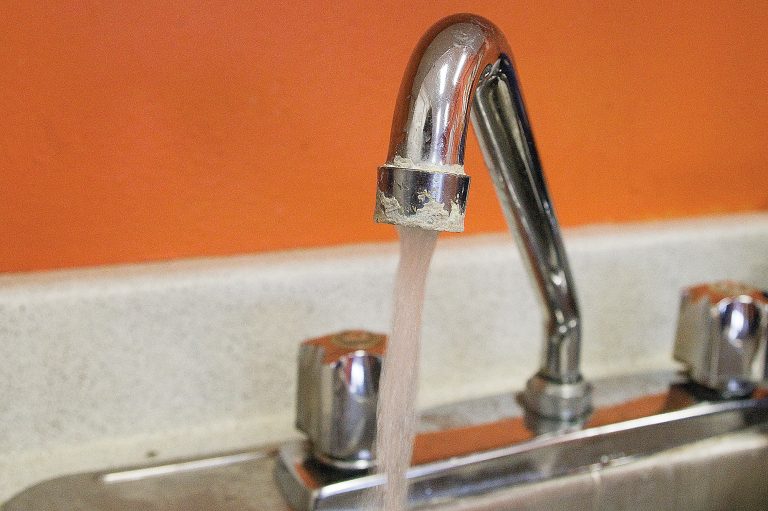
Prince Albert city council is considering a plan to increase utility deposits paid by renters.
The move comes as the city deals with more than $160,000 in uncollected water utility fees.
Under the new plan, renters of single dwellings would pay a $250 deposit for water utilities, while renters in rooming houses, stores, offices, workshops, 4-plex, 6-plex and 8-plex apartments, along with a variety of other commercial and residential spaces, would pay a $300 deposit. According to a report brought before city council, both of those numbers represent a $100 increase from the previous deposit.
Mayor Greg Dionne said the proposal would help fund accounts that are not being paid or in arrears without punishing good renters.
“The deposit is kept in good faith, in case renters do leave (Prince Albert), and leave the city with a $150 water bill,” he said, adding that the bill gives additional protection to the city.
Dionne added that transient renters are causing most of the problems for the city. He said the goal is not to target renters who normally pay on time, but to focus on those who are perennially in arrears.
The bill received more support from Ward 8 Coun. Ted Zurakowski, who said it placed the responsibility off of Prince Albert taxpayers and where it needed to be: on the offending renters.
However, not all councillors were convinced. There was some concern from Ward 2 Coun. Terra Lennox-Zepp who worried that low-income renters wouldn’t be able to pay the new deposit fee.
“A deposit means you do eventually get (the money) back, however, it does mean that a renter is paying early … so they can live in an apartment and has water,” she said. “I agree with the deposit, but I don’t agree with a larger deposit than what we’re doing.”
Dealing with outstanding utility bills isn’t a new issue for the city. In 2017, the city sent more than 30 letters to various large landlords in Prince Albert, including Northern Spruce Housing, Prince Albert Community Housing, River Bank Development Corporation and Prince Albert Rental.
The city held meetings in June and July with local landlords to discuss the issue. In a report presented to council on Monday, city manager Jim Toye wrote that the meetings resulted in “good dialogue and discussion.”
Currently, renters with unpaid utility bills are not allowed to open up new accounts with the city until they pay all outstanding fees.
Property owners who do not pay their utility bills have the total amount added to next year’s property taxes.
In 2016, the city had forwarded bills totaling $163,832.87 to collections.
In order to make the necessary changes, Bylaw No. 38 of 2017 will have to be amended. That won’t happen until administration returns a report to council focusing on possible relief after a 24-month period. The issue will then need further approval at a formal city council meeting.
